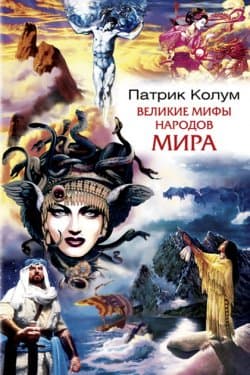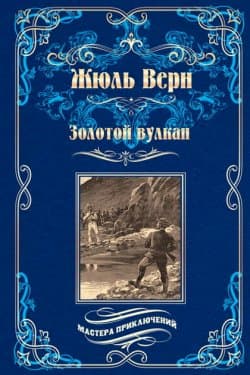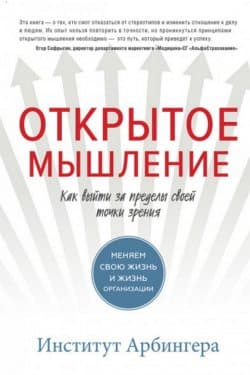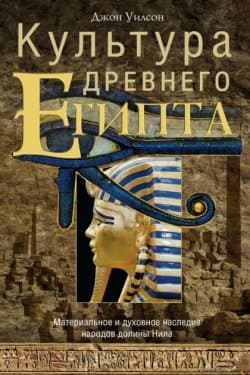Sapiens. Краткая история человечества - Юваль Ной Харари (2011)
-
Год:2011
-
Название:Sapiens. Краткая история человечества
-
Автор:
-
Жанр:
-
Язык:Русский
-
Страниц:231
-
Рейтинг:
-
Ваша оценка:
Homo sapiens сто тысяч лет назад являлся одним из шести видов человека, которые существовали на планете. Этот вид был ничем не примечательным животным, играющим в экосистеме небольшую роль, примерно такую как гориллы, светлячки, медузы. В хозяина мира вид Homo sapiens, около семидесяти тысяч лет назад, превратило загадочное изменение когнитивных способностей. Каким образом человеку разумному удалось покорить мир? Какова судьба других человеческих видов? В какой период и по какой причине возникли государства, религии, деньги? Как появлялись, рушились империи? По какой причине большинство народов ставили мужчин выше женщин? Как капитализм и наука стали в современной эпохе господствующими вероучениями? Люди становились с течением времени счастливее? Каково будущее человечества?
Юваль Харари рассказывает, как исторический ход влиял на общество и действительность вокруг него. Его произведение показывает связь между событиями, произошедшими в прошлом, и проблемами современности, что непременно заставляет читателя пересмотреть все устоявшиеся представления об окружающем мире.
Sapiens. Краткая история человечества - Юваль Ной Харари читать онлайн бесплатно полную версию книги
48 The Secretary-General, United Nations, Report of the Secretary-General on the Indepth Study on All Forms of Violence Against Women, delivered to the General Assembly, U.N. Doc. А/16/122/Add. 1 (July 6, 2006), 89.
49 Sue Blundell, Women in Ancient Greece (Cambridge, Mass.: Harvard University Press, 1995), 113–129, 132–133.
50 Francisco Lopez de Gomara, Historia de la Conquista de Mexico, vol. 1, ed. D. Joaquin Ramirez Cabanes (Mexico City: Editorial Pedro Robredo, 1943), 106.
51 Andrew M. Watson, ‘Back to Gold – and Silver’, Economic History Review 20:1 (1967), 11–12; Jasim Alubudi, Repertorio Bibliografico del Islam (Madrid: Vision Libros, 2003), 194.
52 Watson, ‘Back to Gold – and Silver’, 17–18.
53 David Graeber, Debt: The First 5,000 Years (Brooklyn, N.Y.: Melville House, 2011).
54 Glyn Davies, A History of Money: from Ancient Times to the Present Day (Cardiff: University of Wales Press, 1994), 15.
55 Szymon Laks, Music of Another World, trans. Chester A. Kisiel (Evanston, 111.: Northwestern University Press, 1989), 88–89. «Рынок» Освенцима был ограничен определенными категориями заключенных, и условия резко менялись в зависимости от времени.
56 Niall Ferguson, The Ascent of Money (New York: The Penguin Press, 2008), 4.
57 Сведения о ячменных деньгах я почерпнул из неопубликованной диссертации: Refael Benvenisti, Economic Institutions of Ancient Assyrian Trade in the Twentieth to Eighteenth Centuries BC (Hebrew University of Jerusalem, Unpublished Ph.D. thesis, 2011). См. также Norman Yoffee, ‘The Economy of Ancient Western Asia’, in Civilizations of the Ancient Near East, vol. 1, ed. J.M. Sasson (New York: C. Scribner’s Sons, 1995), 1387–1399; R. К. Englund, ‘Proto-Cuneiform Account-Books and Journals’, in Creating Economic Order: Record-keeping, Standardization, and the Development of Accounting in the Ancient Near East, ed. Michael Hudson and Cornelia Wunsch (Bethesda, MD: CDL Press, 2004), 21–46; Marvin A. Powell, ‘A Contribution to the History of Money in Mesopotamia prior to the Invention of Coinage’, in Festschrift Lubor Matous, ed. B. Hruska and G. Komoroczy (Budapest: Eotvos Lorand Tudomanyegyetem, 1978), 211–243; Marvin A. Powell, ‘Money in Mesopotamia, Journal of the Economic and Social History of the Orient, 39:3 (1996), 224–242; John E Robertson, ‘The Social and Economic Organization of Ancient Mesopotamian Temples’, in Civilizations of the Ancient Near East, vol. 1, ed. Sasson, 443–500; M. Silver, ‘Modern Ancients’, in Commerce and Monetary Systems in the Ancient World: Means of Transmission and Cultural Interaction, ed. R. Rollinger and U. Christoph (Stuttgart: Steiner, 2004), 65–87; Daniel C. Snell, ‘Methods of Exchange and Coinage in Ancient Western Asia, in Civilizations of the Ancient Near East, vol. 1, ed. Sasson, 1487–1497.
58 Nahum Megged, The Aztecs (Tel Aviv: Dvir, 1999 [Hebrew]), 103.
59 Тацит. Агрикола, гл. XXX. (Cambridge, Mass.: Harvard University Press, 1958), pp. 220–221.
60 A. Fienup-Riordan, The Nelson Island Eskimo: Social Structure and Ritual Distribution (Anchorage: Alaska Pacific University Press, 1983), p. 10.
61 Yuri Pines, ‘Nation States, Globalization and a United Empire – the Chinese Experience (third to fifth centuries BC)’, Historia 15 (1995), 54 [Hebrew].
62 Alexander Yakobson, ‘Us and Them: Empire, Memory and Identity in Claudius’ Speech on Bringing Gauls into the Roman Senate’, in On Memory: An Interdisciplinary Approach, ed. Doron Mendels (Oxford: Peter Land, 2007), 23–24.
63 W.H.C. Frend, Martyrdom and Persecution in the Early Church (Cambridgejames Clarke & Co., 2008), 536–537.
64 Robert Jean Knecht, The Rise and Fall of Renaissance France, 1483–1610 (London: Fontana Press, 1996), 424.
65 Marie Harm and Hermann Wiehle, Lebenskundefuer Mittelschulen – Fuenfter Teil Klasse 5fuer Jungen (Halle: Hermann Schroedel Verlag, 1942), 152–157.
 Библия. Синодальный перевод РБО
Библия. Синодальный перевод РБО
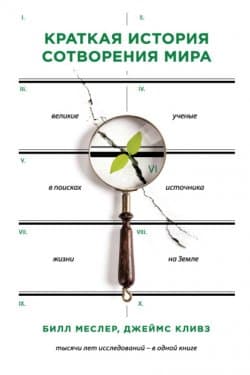 Краткая история сотворения мира. Великие ученые в поисках источника жизни на Земле Билл Меслер, Джеймс Кливз
Краткая история сотворения мира. Великие ученые в поисках источника жизни на Земле Билл Меслер, Джеймс Кливз
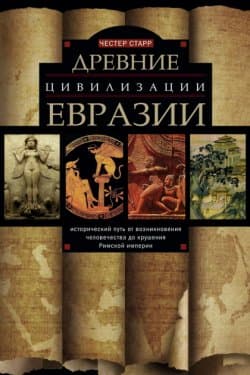 Древние цивилизации Евразии. Исторический путь от возникновения человечества до крушения Римской империи Честер Старр
Древние цивилизации Евразии. Исторический путь от возникновения человечества до крушения Римской империи Честер Старр
 Онтогенез. От клетки до человека Джейми Дейвис
Онтогенез. От клетки до человека Джейми Дейвис
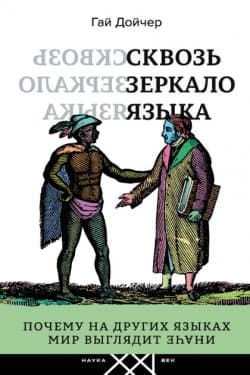 Сквозь зеркало языка. Почему на других языках мир выглядит иначе Гай Дойчер
Сквозь зеркало языка. Почему на других языках мир выглядит иначе Гай Дойчер
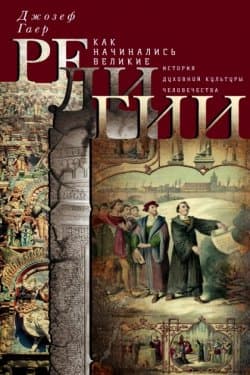 Как начинались великие религии. История духовной культуры человечества Джозеф Гаер
Как начинались великие религии. История духовной культуры человечества Джозеф Гаер

 Пир теней
Пир теней  Князь во все времена
Князь во все времена  Когда порвется нить
Когда порвется нить  Пока я здесь
Пока я здесь 






